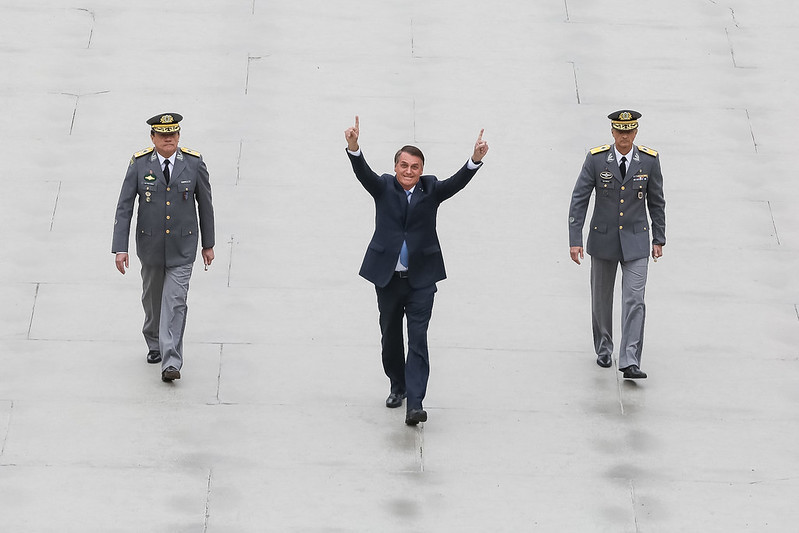As analysts around the world turn their attention to Brazil to comment on the upcoming presidential runoff on October 30, Brazil’s incumbent, Jair Bolsonaro, is usually seen as part of a global phenomenon of resurging nationalism and populism with a thinly veiled authoritarian bent; similar to leaders such as Hungary’s Viktor Orbán, Turkey’s Recep Erdogan and, most prominently, Donald Trump in the U.S.
Indeed, Mr. Bolsonaro is in many ways part and parcel of the ongoing strongman wave that has contributed to the worst crisis global democracy is experiencing in decades.
Around the world, democracy is under severe threat or has succumbed to autocrats, be it in Venezuela, Russia, El Salvador, Nicaragua, the Philippines, India, Tunisia, or Turkey.
Such leaders all tend to use a number of similar tactics, ranging from stoking polarization by embracing an “us-versus-them” rhetoric and talking up grave threats (such as imperialism, globalism, communism, or immigration), to evoking some mythical past of national glory and attacking elites to justify undermining checks and balances.
Furthermore, most such leaders have systematically used fake news to undermine their opponents and invested in building a loyal and noisy group of followers largely isolated from the mainstream public debate.
While virtually all these characteristics apply, to some extent, to Jair Bolsonaro, it would be a mistake to believe that he merely implemented...


 Search
Search






































